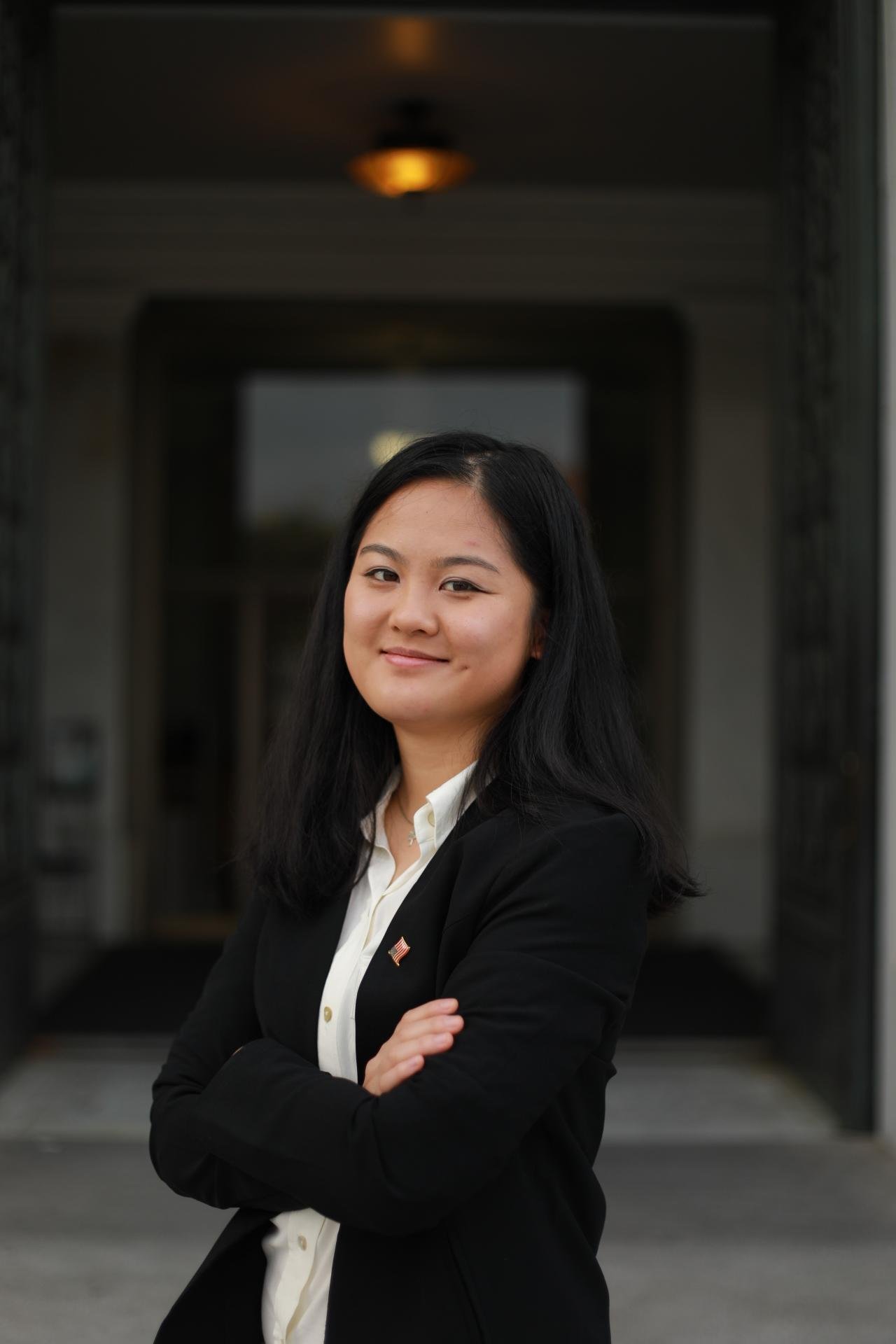The personal statement is the most daunting part of law school applications for many students, including me. And starting the personal statement is often the most daunting part of writing it; I was no stranger to staring at a blank Word document for hours, with no idea where to even start. How does one encapsulate the most important parts of their life story in two pages? And what even are the most important parts of someone’s life story?
There is no single right answer to this question, nor is there a wrong answer — but there are general themes that law school admissions committees like to see. If the personal statement is a condensed version of your life story, then consider telling it like a story: with a beginning, a middle, and an end, and the character development through it all. This narrative structure does not require a chronological retelling of your life. Instead, organize your personal statement thematically; more on this below.
As you’re writing, keep in mind that you are trying to show the admissions committee (1) why you want to go to law school, and law school specifically, and why you’re sure about this, and (2) what you can contribute to their school and society at large, both while you’re on campus and as an alumnus. I also always encourage applicants to share a draft of their personal statements with the people writing their letters of recommendation, because it helps the recommenders better frame the letters in a way that makes the entire application cohesive and provides the recommenders with additional information about the applicants — so you also want your recommenders to get a sense of your motivation behind going to law school and what you can contribute!
The Beginning: Why Law School?
For most people, deciding to go to law school is not an instantaneous event. Instead, it’s a process: a burgeoning interest that is nurtured and developed until it becomes a certainty that nothing else will do. This is the story you want to tell. How did your interest in law school — and a legal career — start? What helped it develop? What makes law school, specifically, crucial to your goals (rather than, for example, business school or a school of public policy)? Why is law school the logical next step for you at this point in your life? The more detailed you can be, the better: focus on specific anecdotes rather than broad, sweeping statements.
Law school admissions committees want to know that you are fully committed to a legal career and that you are therefore 100% certain about attending law school. The more compelling your story about solidifying your interest in law school, the more powerfully you demonstrate that this is, without a doubt, what you want to do.
The Middle: Why You?
Next, you want to show (not tell) the admissions committee what you can contribute to their law school — and contributing to society after you graduate is part of that (schools love to brag about their alumni). Again, specificity is your friend: you might share a few stories that highlight your leadership ability, your work ethic, your penchant for problem solving, or any other qualities law schools value (hint: you can find those values online). When it comes to your personal statement, the past is the best indicator of the future, so tangible examples of what you bring to the table are “proof” of your possible contributions.
The End: Bringing It All Together
Finally, tie all of this information together by explaining how you plan to bring those qualities to bear as a law student — and, later, as a lawyer. Maybe your love for theory and intellectual rigor will make you a particularly avid participant during class and an attorney who never loses sight of the spirit of the law. Or maybe your work ethic and practicality will draw you to clinics and both a willingness and desire to do what needs to be done. The most important thing is to show the admissions committee how your past experiences are going to inform your approach to law school and your legal career. Draw your past into your future and make those connections!

Comments